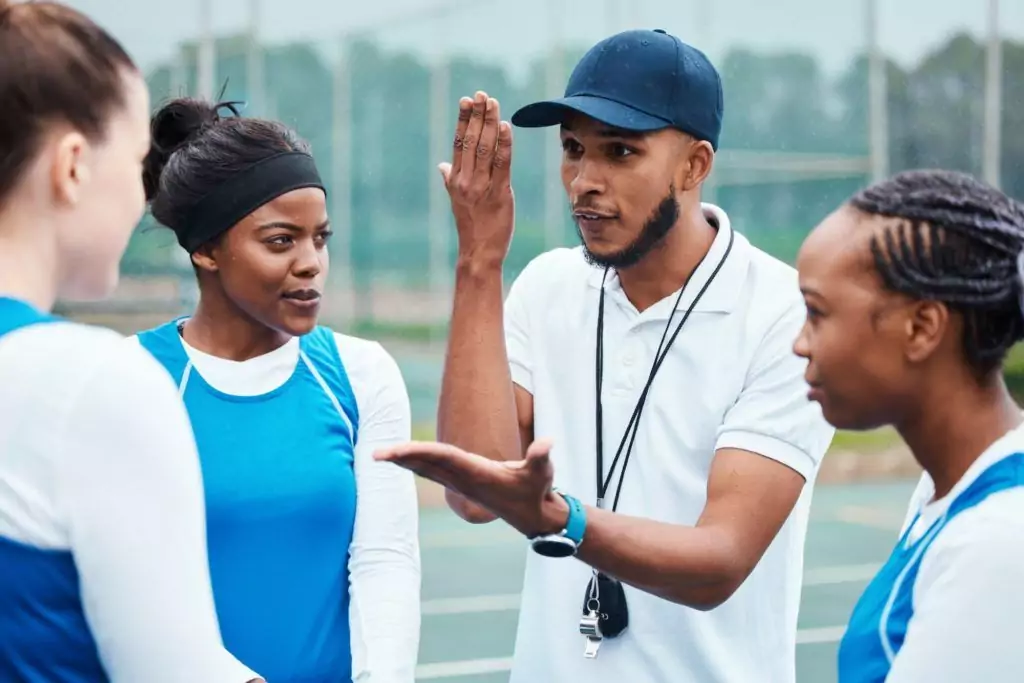Within the realm of sports coaching, the growing recognition of sports psychology’s importance cannot be overstated. A comprehensive approach to coaching goes beyond developing physical skills and conditioning; it must also address the mental aspects of athletic performance. By integrating sports psychology principles in coaching, professionals can enhance their athletes’ mental fortitude, improve team dynamics, and ultimately elevate overall performance.
In this article, we will explore how sports psychology can impact coaching success, and how incorporating these techniques can lead to greater team achievements. Additionally, we’ll discuss how the support of platforms like Scoreboard Fundraising with their stress-free, cashless, and efficient fundraising solutions can help bolster teams’ progress and growth.
Enhancing Mental Toughness and Resilience
One of the key areas where sports psychology can have a profound impact on coaching success is in developing mental toughness and resilience among athletes. Mental toughness enables players to maintain focus, determination, and confidence, even under high-pressure situations. Coaches can cultivate mental resilience in their athletes through the following strategies:
1. Goal setting: Encourage athletes to set clear, realistic, and attainable goals that motivate and challenge them to improve and stay focused on their objectives.
2. Positive self-talk: Teach athletes to use affirmations and constructive thoughts to overcome setbacks, counter self-doubt, and maintain a positive attitude.
3. Visualization techniques: Help athletes practice mental imagery of successful performances to reinforce self-confidence and enhance focus.
4. Emotional regulation: Equip athletes with tools to manage their emotions effectively, especially during high-pressure situations and intense competitions.
Optimizing Team Dynamics and Communication
Sports psychology plays a critical role in fostering healthy team dynamics and effective communication among athletes. Coaches who understand and implement sports psychology principles can transform team culture and create supportive environments, thus enhancing overall performance. To strengthen team dynamics, consider these strategies:
1. Building trust and mutual respect: Encourage open and honest communication and emphasize the importance of trust for a cohesive and supportive team environment.
2. Conflict resolution: Address any interpersonal issues or conflicts within the team proactively, and guide players toward finding constructive solutions together.
3. Group goal setting: Work with your team to establish shared objectives that align with the individual goals of each athlete, fostering commitment and collective responsibility.
4. Encourage collaboration: Create opportunities for athletes to work together in various combinations, improving cooperation and flexibility, and strengthening team bonds.
Managing Stress and Preventing Burnout
A significant aspect of sports psychology in coaching success revolves around stress management and burnout prevention. By helping athletes maintain mental and emotional well-being, coaches can ensure improved performance and lasting success. Integrate these practices to keep stress at bay:
1. Teach relaxation techniques: Educate athletes on techniques such as deep breathing, progressive muscle relaxation, and mindfulness meditation, which can help alleviate stress and promote mental clarity.
2. Promote work-life balance: Encourage athletes to balance their training regimen with academic pursuits, social activities, and personal interests to prevent an unhealthy preoccupation with sports performance.
3. Monitor signs of burnout: Keep an eye out for emotional or physical exhaustion, reduced motivation, or decreased performance quality, which may indicate an athlete is experiencing burnout.
4. Adjust training schedules as needed: Be flexible and open to revising your team’s training schedule, accommodating rest and recovery periods, and ensuring athletes’ well-being is prioritized.
The Power of Motivation and Goal Achievement
Sports psychology recognizes the crucial role of motivation in coaching success and athlete performance. An effective coach must know how to inspire and drive athletes towards their goals. Here’s how to boost motivation levels:
1. Tailor motivational strategies: Understand that different athletes are motivated by different factors – some respond well to external rewards, while others are driven by intrinsic motivation. Customize your approaches to cater to individual preferences.
2. Celebrate achievements: Acknowledge and reward both individual and team accomplishments, no matter how small, to boost confidence and reinforce commitment.
3. Cultivate self-efficacy: Empower athletes by teaching them how to measure their progress, set realistic expectations, and devise strategies to overcome obstacles.
Supporting Athletes’ Growth with Adequate Financial Resources
Finally, a well-rounded coaching approach must consider the financial aspects of sports programs. To enable athletes to perform at their best, coaches must secure the financial resources required for appropriate facilities, equipment, and uniforms. Platforms like Scoreboard Fundraising offer an efficient, user-friendly solution:
1. Choose a reliable fundraising platform: Turn to Scoreboard Fundraising’s fundraising app, which simplifies the process, saves time, and makes fundraising easier for teams and groups of various sizes.
2. Develop a compelling fundraising campaign: With Scoreboard Fundraising, create a powerful narrative highlighting your team’s mission and how financial contributions will directly impact their development and success.
3. Engage the community: Encourage athletes, parents, and supporters to mobilize their networks to promote the fundraising campaign effectively and increase donations.
Achieve Coaching Success with Sports Psychology and Efficient Fundraising Solutions
Harnessing the power of sports psychology in coaching paves the way for significant improvements in athlete performance and mental resilience. By addressing mental toughness, team dynamics, stress management, motivation, and goal achievement, coaches can enhance their teams’ overall success.
Complement these strategies with innovative fundraising solutions like Scoreboard Fundraising, and secure the financial resources your team needs for growth and development. Simplify your fundraising efforts while maximizing profits through our user-friendly virtual fundraising app, designed to cater to teams and groups of various sizes and disciplines.
Experience the transformative impact of sports psychology in coaching, and elevate your team to new heights by partnering with Scoreboard Fundraising today. Embark on the journey to athletic excellence and create a legacy of success that endures far beyond the playing field.




